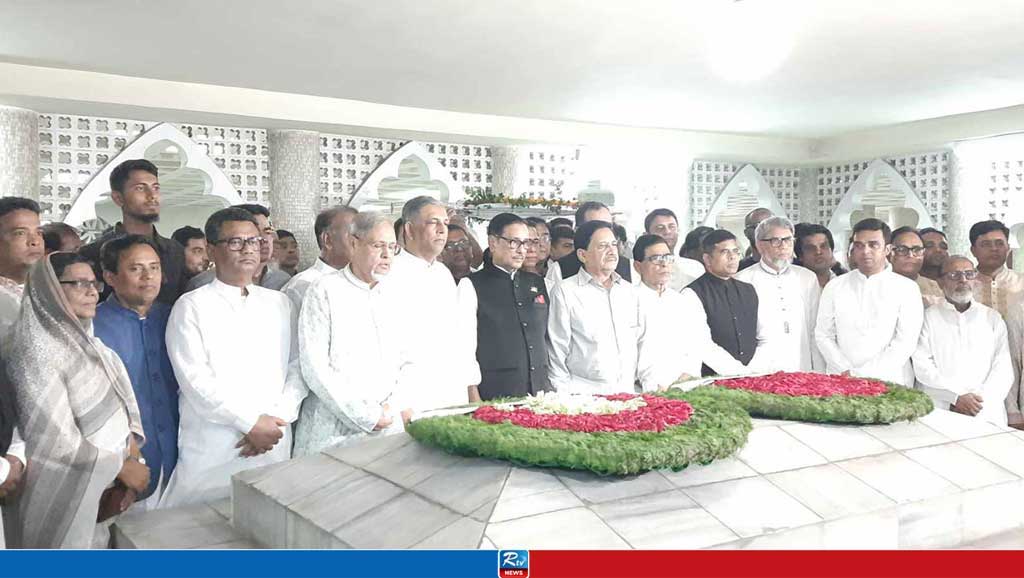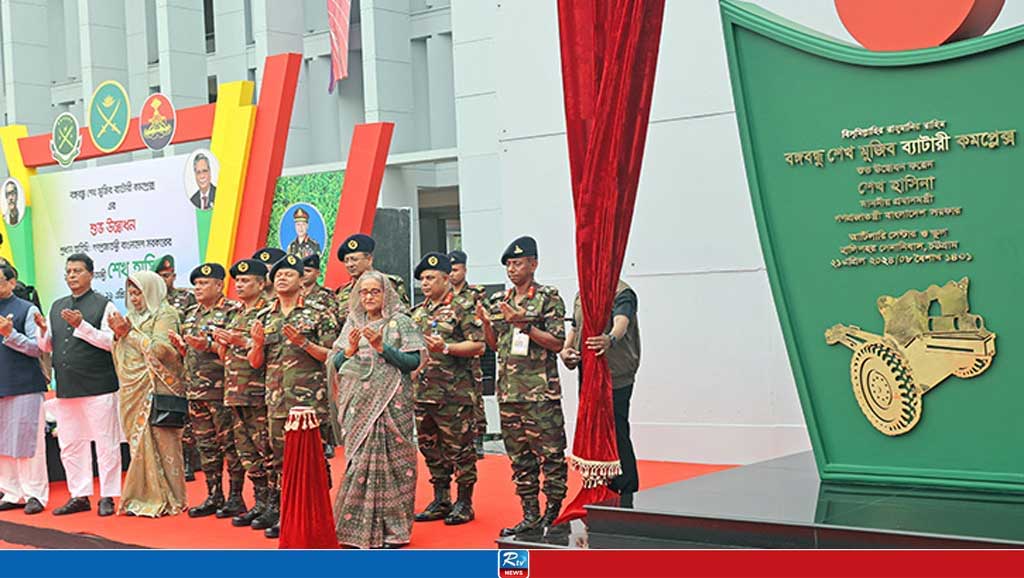PM stresses three state organs coordination to ensure justice
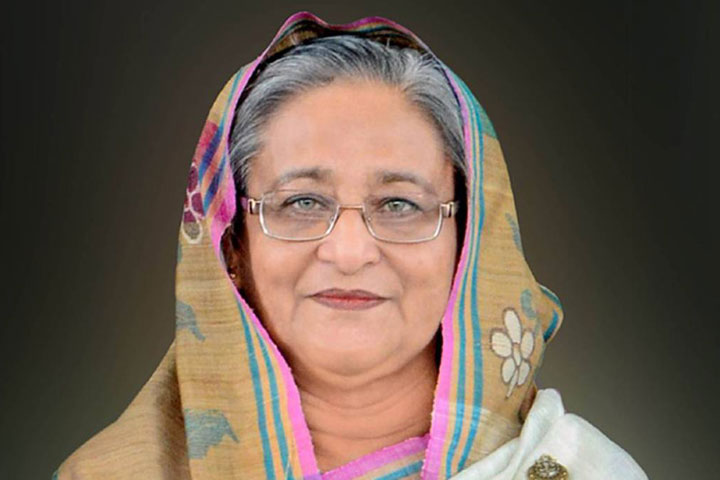
Prime Minister Sheikh Hasina emphasized proper coordination and good relations among three state organs — executive, legislature and judiciary– to run a state smoothly alongside ensuring peace, justice and development.
“I always believe the state organs — executive, legislature and judiciary— is inevitable for a state. These organs will run by their native laws. So proper coordination is necessary among them to ensure justice, peace and overall development,” she said.
The premier said this while inaugurating the daylong “National Judicial Conference-2019” arranged by the Supreme Court with the theme of “Justice for Peace and Development”, at Bangabandhu International Conference Centre (BICC) in the capital on Saturday.
She added: “We expect such a situation in where the state’s three organs won’t interfere the activities of others as it will hamper running the state smoothly, maintaining peace as well as ensuring justice and development.”
The premier said the honorable President has formulated Warrant of Precedence and he has the only authority to change it, adding he (President) has also formulated the rules of business.
“No question can be raised in the court about the activities of the President in accordance with the articles 51 (1) and 55 (5) of the Constitution. But, sometimes, orders are seen giving on the issues under the
jurisdiction of the President,” she said.
The premier hoped that the judges will work for ensuring the rule of law and justice as well with utilizing their talents and creativity being responsible to the country, people and Constitution.
She also asked the law minister to take prompt measures to establish the first ever law university in Bangladesh likewise other countries upon a proposal given by the Chief Justice.
Chief Justice Syed Mahmud Hossain presided over the function while Law, Justice and Parliamentary Affairs Minister Anisul Huq spoke as the special guest.
Secretary of Law and Justice Division Md. Golam Sarwar, Supreme Court Registrar Md Ali Akbar, and Senior Session Judge of Munshignaj Hosne Ara spoke at the function.
Judges from the Appellate and High Court Divisions of the Supreme Court and lower courts across the country attended it.
A video documentary marking the nation judicial conference was also screened on the occasion.
Sheikh Hasina requested the judges to deliver the verdicts of lawsuits in Bangla alongside English taking into consideration the poor knowledge of most of the litigants in the foreign language.
“Because of poor knowledge in English, most of the litigants need to depend on their lawyers to understand the verdict. The litigants have no scope to know about the essence of the judgment and in many cases, they are harassed for this reason,” she said.
“So, it’s crucial to publish the court judgment in Bangla alongside English,” she said, adding the judges may write verdict in English, but there should have a provision of publishing it in Bangla.
The premier stressed more effective usages of the mobile court as it has been playing a vital role in checking various crimes such eve-teasing, exercising unfair means in public exams, extortion, vehicle and environment related crimes, price hike, and adulteration.
“If mobile courts are likely to be used in more effective manner, it would be possible to maintain law and order, prevent crimes and protect public interest,” she said.
She went on saying that the operation of mobile courts for trial of small crimes could reduce pressure on the judiciary and thus, it could earn confidence of the people as punishment is given to the wrongdoers on the
spot.
As many as 4,11800 mobile court operations have been conducted by which 10,10,334 cases have so far been disposed of and Taka 292 crore has been realized as fine in the last 10 years, she added.
The premier said Bangabandhu got only three and a half years and during that time he laid the foundation of all basic development of the country including formulation of the Constitution.
The Constitution has ensured justice for people and thus the rule of law, she said.
But, the assassination of Father of the Nation Bangabandhu Sheikh Mujibur Rahman along with most of his family members on August 15 in 1975 stalled all sorts of development process in the country, she added.
The premier however extended her thanks to the judiciary for delivering the judgment in scraping the indemnity law paving the way of holding trial of the assassination of the Father of the Nation.
In this context, she said they have been denied for justice for a long time as she was not even allowed to file a case to seek justice of the murder, she said.
After assuming office in 1996, “we rescinded the indemnity law and initiated the trial,” she said, adding that the trial had been completed while some of the accused had been hanged as some others are on the run.
The premier also expressed her gratitude to the judiciary as they termed illegal the grabbing of state power by the military dictators after the assassination of Bangabandhu.
In this regard, she said “The court verdict helps continue the democratic trend in the country and expedite the country’s development freeing it from stigma”.
Referring to holding quick trial of some sensational cases like the Feni Madrasha student Nusrat killing, she said the confidence and trust of the people on judiciary have increased through the verdicts.
Describing various measures taken by her government for the development of the country’s judiciary to ensure rule of law and justice in the country, the Prime Minister said her government appointed adequate judges and established sufficient infrastructure for removing deficiency of enough court building and judge’s residents across the country.
The premier has assured the judges of giving proper security as they have risk in dealing with notorious criminals.
Sheikh Hasina said the residential complex was constructed considering the safety and security of the judges.
She mentioned that her government enacted Legal Aid Services Act-2000 paving the way of getting justice for the helpless, poor, and under privileged people.
Mentioning that Bangladesh has turned into a digital country, Sheikh Hasina said introducing e-Judiciary system is important for the country’s judicial process to remove backlog and procrastination of the cases.
The premier also said the trial of infamous criminals can be held through virtual courts to lessen the risk of transportation of the criminals.
Sheikh Hasina said the e-judiciary will help the litigants get duplicate copies of verdicts without any hassle.
“We have already introduced the cause list through Digital Display Board in the Supreme Court and 13 districts. It will be introduced in all other districts in phases,” she continued.
Noting that a significant number of women judges have been appointed in the judiciary, the premier said her government had first given appointment of a woman in the apex court.
Spelling out the measures taken by her government to enhance the capability of the judiciary and reduce the crisis of necessary court rooms, the premier said that they have made extension of the district judge court buildings in 128 districts.
In this context, she said that a project has already been approved to construct and expand the Supreme Court building with necessary facilities.
The government has already approved the purchase of 128 vehicles for additional district and session judges.
The premier said her government is determined to ensure justice for all as it is necessary to achieve the sustainable development goals (SDGs).
Source: BSS
AH
Comments
Prices of diesel, kerosene cut by Tk 2.25 per litre

Intelligence agencies working to strengthen security: Home Minister
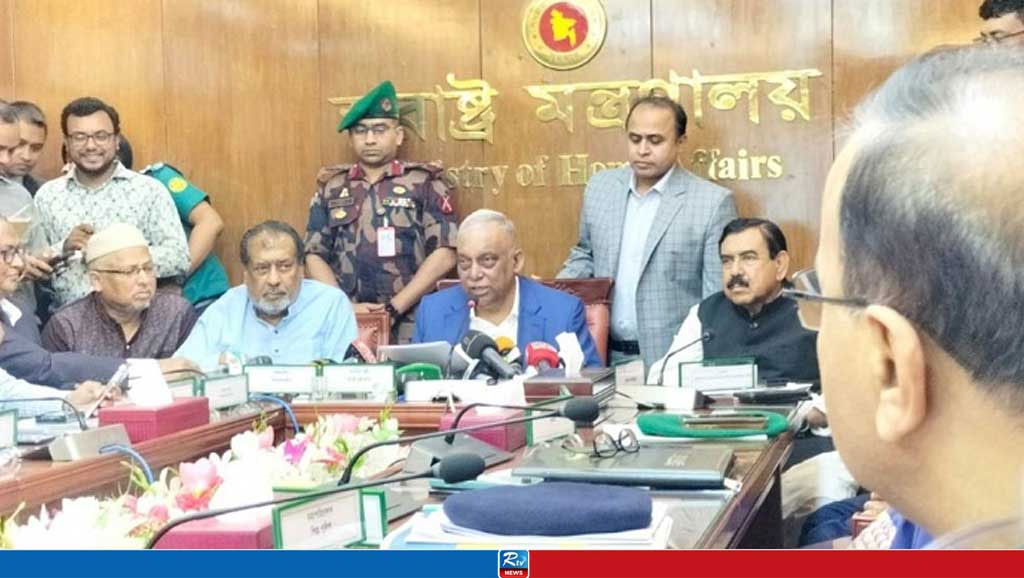
Court accepts charge sheet against Dr Yunus, 13 others
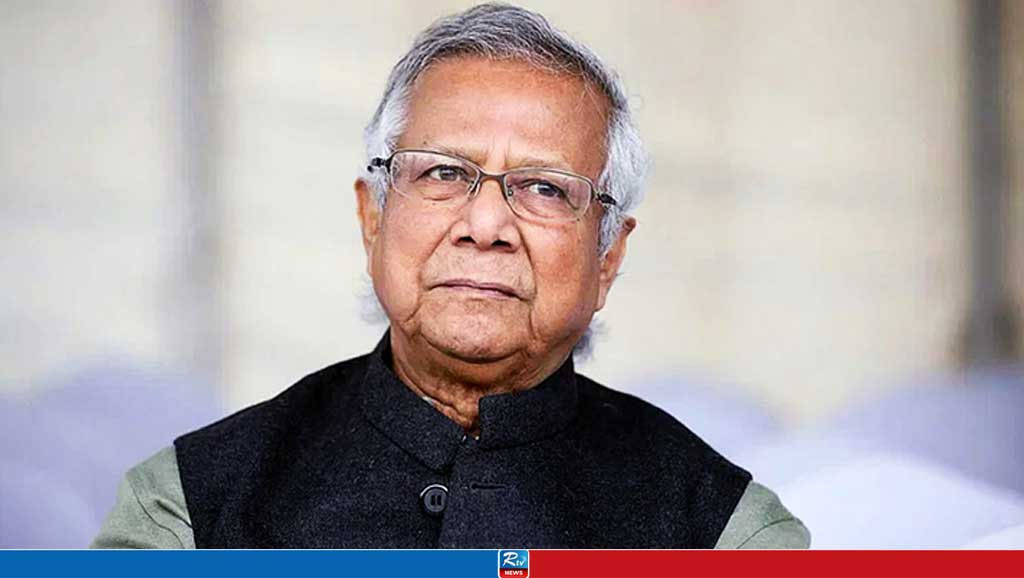
DMP to provide special security in Dhaka ahead of Eid
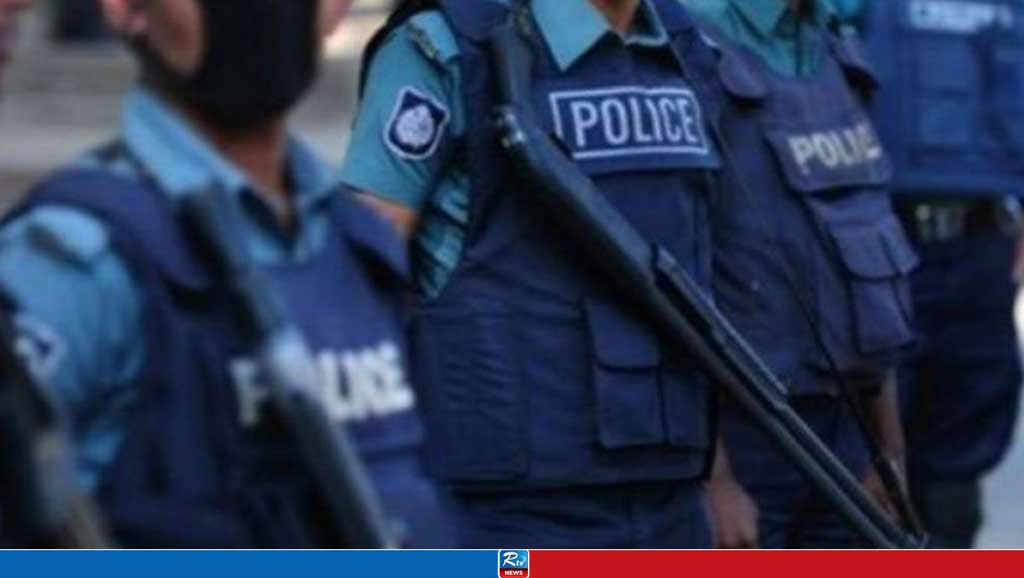
Gold prices hitting record high, breaks all records

RAB arrests chief coordinator of KNF

Eid shopping reaches its peak


 Live Tv
Live Tv

